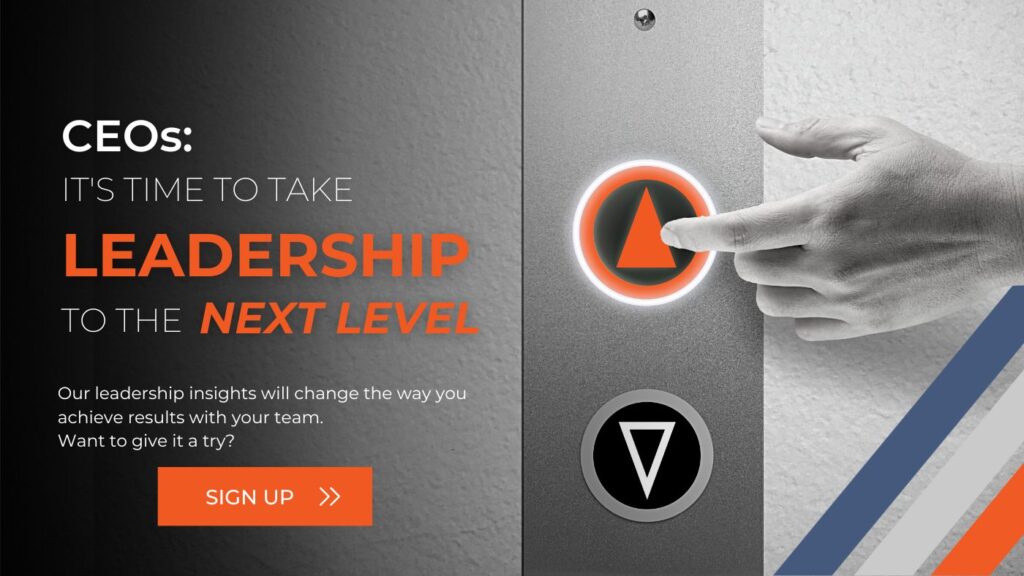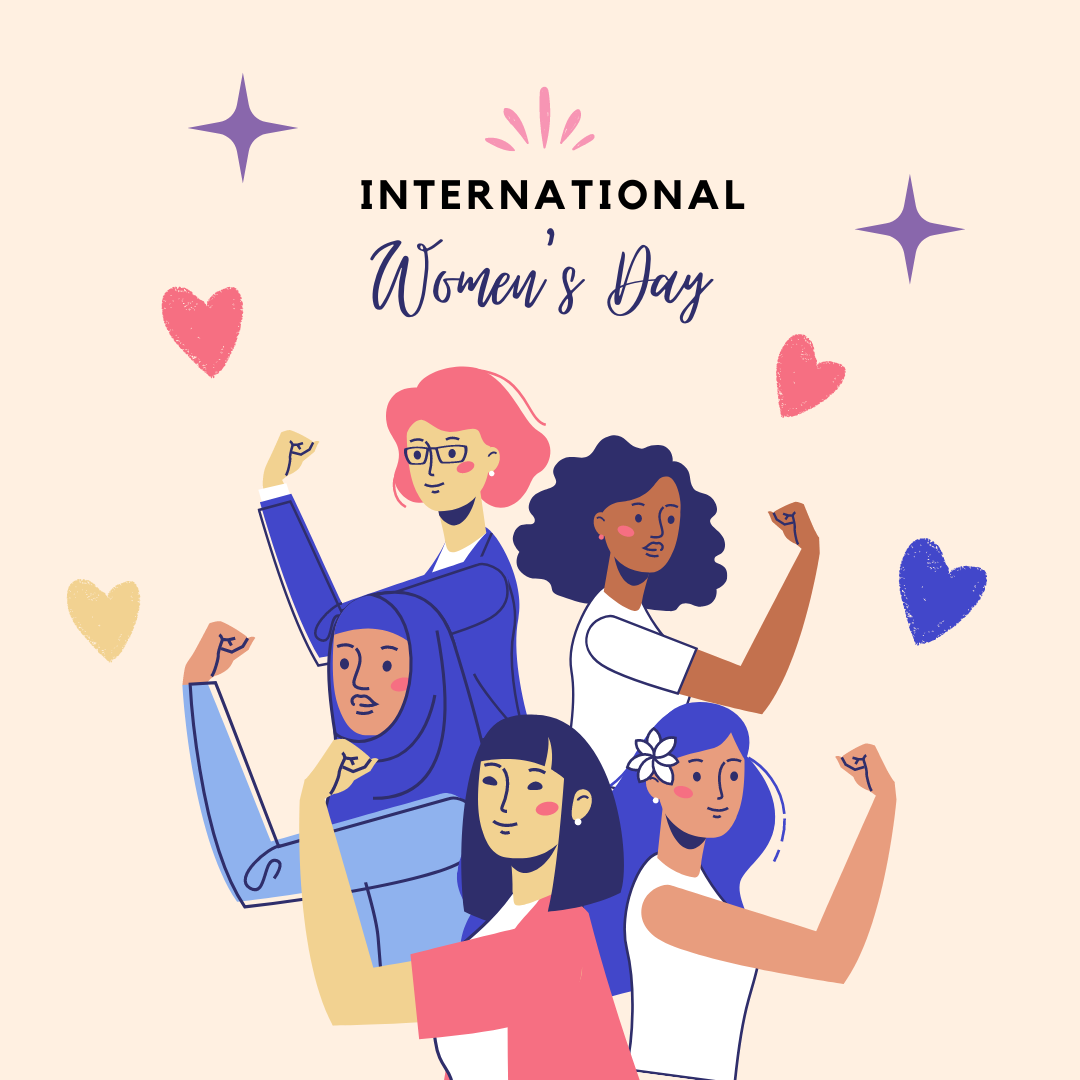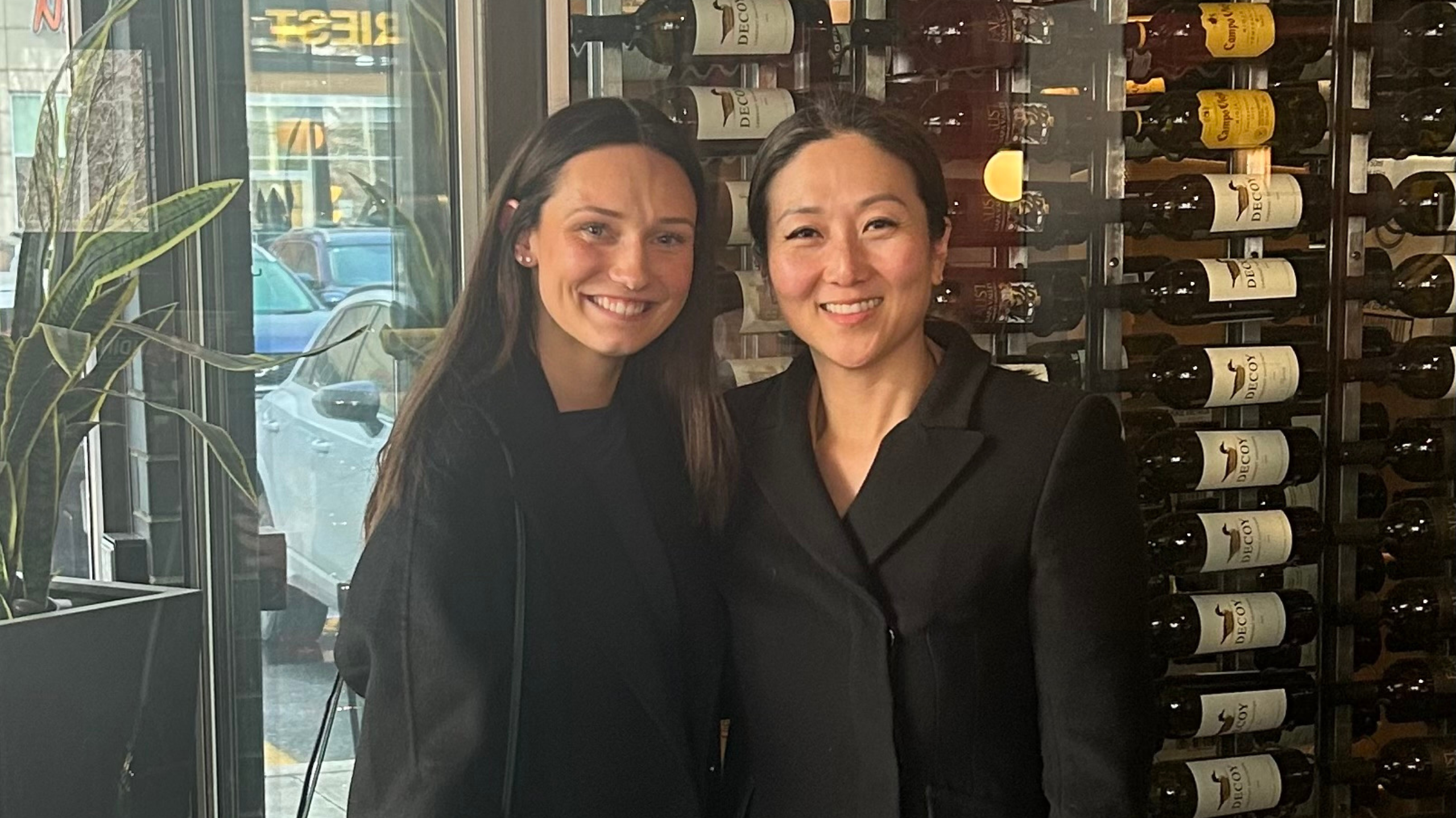BIG IDEA:
Leaders seeking the benefits of a community of peers should be focused on creating an ecosystem, not an empire.
“How do I find my people?”
This is one of the questions that award-winning business coach Pam Slim hears most from entrepreneurs and leaders alike, as she recently recounted on our Lead the Future podcast.
Sometimes they’re looking for the right people to hire, or their best-fit customers—and, in many cases, they’re looking for a community of peers for mutual support, learning, or potential partnerships.
In her most recent book, The Widest Net, Slim draws a contrast between an “ecosystem” approach to building community and the approach that can grow out of what she calls “empire culture”—which, unfortunately, is all too common in the business world. As Slim explains, empire culture teaches us to build an empire by drawing everyone we possibly can into it. On the other hand, an ecosystem model centers on the people we want to connect with and asks where they are already spending time—whether in person or online. As an extension, people operating from an ecosystem mindset ask themselves how they can connect with other leaders trying to solve similar problems.
“My premise in The Widest Net is that, instead of thinking, ‘How can I pull everybody into my empire?’ I actually think it’s easier to look for places where other wonderful people have already built up substantial community,” Slim says. “And that’s where you really get many kinds of impact.”
While Slim’s book focuses on how to apply the ecosystem mindset to growing one’s business, her wisdom can be directly applied to the process of establishing yourself in a generative community of fellow leaders—something far too many leaders neglect at every stage of their careers.
WHY IT MATTERS:
Seeking out your community of leaders requires you to define your values, and look for them in other people—which can crystalize and strengthen your values even more.
When defining the ecosystem that surrounds you, Slim emphasizes that it must be “vetted by shared values.” Failing to start from a foundation of shared values can lead down a slippery slope to relationships that are transactional, rather than relational, she explains.
“When you’re in an ecosystem in a relational way, you see that everyone within your ecosystem is centered around solving a core problem,” she says. “And in that feeling of community, we can share a purpose and a passion for solving that core problem.”
Communities of leaders that are oriented in this way can have a transcendent effect: every leader who is invested in the community is positively impacted by it, is encouraged to think about their challenges and opportunities in new ways, and is reminded of the responsibility and satisfaction of being a truly accountable leader.
Transactional relationships simply don’t ask you to look beyond your own individual concerns or perspectives—and doesn’t ask others to, either.
THE RISK:
Neglecting to treat communities as ecosystems can, over the long term, lead to weak relationships and workplace cultures.
Slim says the stakes of failing to build communities into ecosystems are high—especially based on what she’s seen within organizations.
“Not understanding the individual needs of employees, and not creating more of this collaborative, community-based approach and being very top-down is part of what I think is driving the Great Resignation,” she says.
In her work helping companies build these types of communities, she likes to ask, ‘What are the ways in which you are creating spaces where people can speak their minds, where you really understand individual interests, and create an environment where people can have a conversation?’
WHAT TO PAY ATTENTION TO:
It’s time to reflect on the ways you’re showing up in relationships with fellow leaders—both within your organization and outside of it.
Here are some questions to consider reflecting on, with the empire-culture and ecosystem models in mind:
- What kind of relationships and perspectives do I need around me? If I am missing something, do I already have someone in my network that I could nurture a relationship with?
- Where can I go to develop relationships with the kinds of people I need around me?
- How can I add more value to the community of leaders around me?
- Am I nurturing real, deep, two-way relationships?
“You never have to do it on your own,” Slim says, “and the sooner you learn to ask for help, the sooner you will see that it can lead you very, very far.”
WATCH OR LISTEN TO EPISODE 11 OF LEAD THE FUTURE
More Leadership Resources
We have many resources to help you become the most accountable leader you be, develop accountable leaders on your team, and scale leadership accountability across your organization.
Signup for our monthly newsletter with the latest Gut Check for Leaders, Lead the Future Podcast, and other important leadership accountability news.





